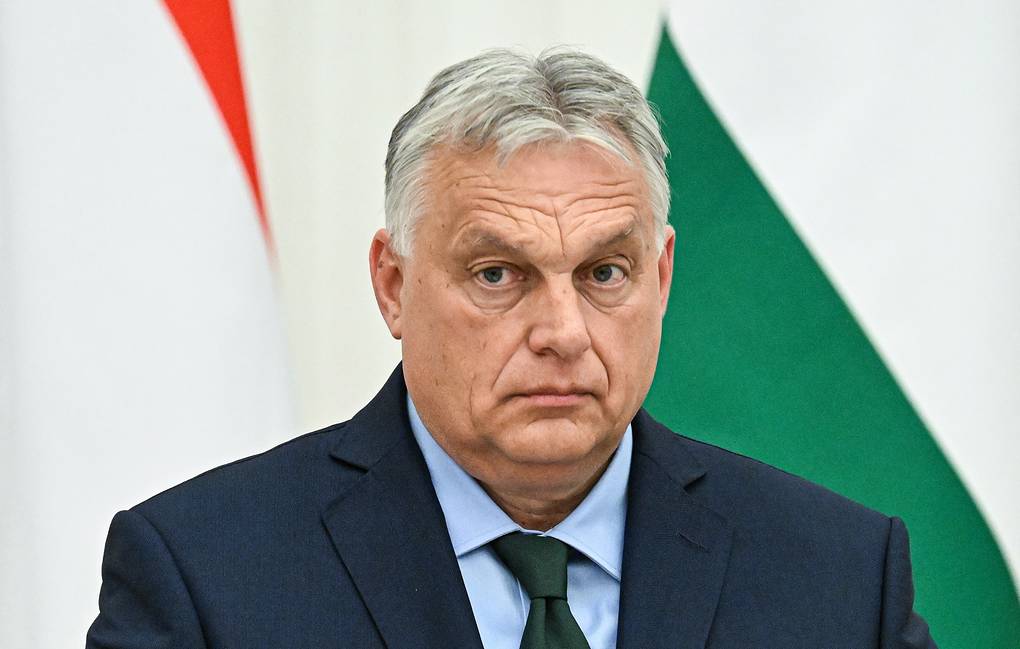Hungarian Prime Minister Viktor Orbán launched a scathing attack on European Commission President Ursula von der Leyen following the announcement of a new trade deal between the United States and the European Union.
The agreement involves the U.S. imposing 15% tariffs on most EU imports, while the EU commits to buying more American energy. Orbán ridiculed von der Leyen’s negotiating skills, calling her a “featherweight” and suggesting she had been completely outmatched by former U.S. President Donald Trump.
Orbán and Allies Blast EU Deal, Call for Leadership Change and Sovereignty Defense
Orbán contrasted the EU’s deal unfavorably with a more advantageous U.S.-U.K. trade agreement, further criticizing Brussels for failing to secure better terms. Hungarian Foreign Minister Péter Szijjártó echoed these concerns, stating that the outcome highlights the need for a change in EU leadership. Orbán’s comments align with his longstanding Euroskeptic views and his open support for Trump’s agenda.
Other prominent Euroskeptics joined Orbán in condemning the agreement. German far-right AfD party leader Alice Weidel and French nationalist Marine Le Pen both criticized the deal, arguing it represented a loss for European autonomy. Surprisingly, criticism also came from the political center, with French Prime Minister François Bayrou lamenting what he described as Europe’s submission in the face of American pressure.
EU Trade Deal Divides Leaders as Some Defend Stability, Others Demand Change
Despite the backlash, several key European leaders defended the deal. German Chancellor Friedrich Merz warned that a no-deal scenario would have been worse for Germany’s economy, and Italian Prime Minister Giorgia Meloni called the agreement “sustainable.” These leaders emphasized that the deal could help prevent a more damaging trade war and bring much-needed stability to transatlantic trade relations.
The EU-U.S. trade agreement has exposed deep divisions among European political leaders. While some regard it as a pragmatic step to prevent economic instability, others criticize it as a clear sign of weak leadership and poor negotiating tactics.
Hungarian Prime Minister Viktor Orbán’s sharp rebuke has intensified the ongoing debate over the effectiveness of Brussels on the international stage. His remarks have added momentum to growing calls for a change in the EU’s top leadership, with critics arguing that the current administration is failing to protect the bloc’s interests in major global negotiations.

Leave a Reply